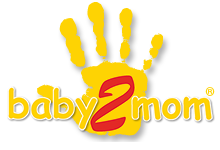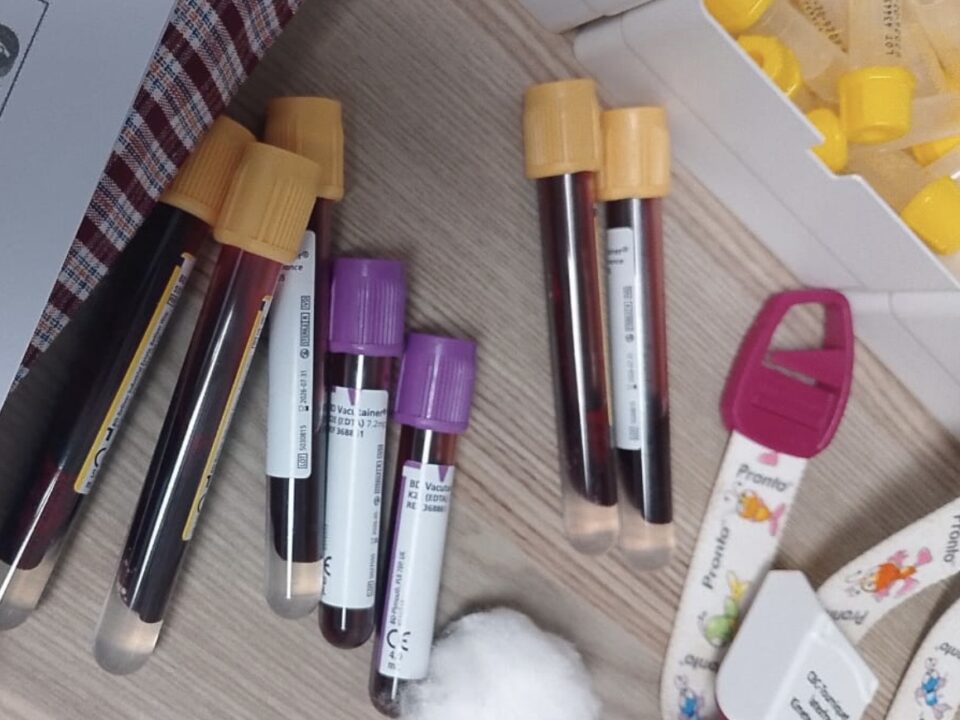Reference is made to Sasreg guidelines for egg donation agencies and duties of egg donation agents:
https://sasreg.co.za/downloads/Guidelines-for-Egg-Donation-Agencies.pdf
Pertaining to point 2: Duty of egg donor agencies. (baby2mom responses underlined below each point)
a) The egg donor agencies should abide by the SASREG gamete donation guidelines as published in 2008 (SASREG), as well as all laws of South Africa
on gamete donation: Chapter 8 on Artificial Fertilization of the National Health Act and regulations
baby2mom adheres to the anonymity and compliance and has sound and solid relationships with Sasreg affiliated clinics since 2007.
b) Information given to donors: Donors should be fully briefed about the process of egg donation by the agency, including the possible risks and side effects.
The ultimate responsibility of the treatment stays however with the treating Specialist in Reproductive Medicine.
Donors consent in writing to the process after watching a video and reading about the process. Recipients are please encouraged to note the point in b highlighted about the responsibility remaining with the treating Specialist.
c) Psychological assessment: All donors should undergo a psychological assessment prior to their first donation, or if their previous donation was
more than 12 months ago, or if they experienced a major change in their life that can have an effect on the egg donation.
baby2mom facilitates the appropriate psychological assessment of the donors. The report is sent directly to the clinic. baby2mom does not receive a copy of this report.
d) Total donations. In order to protect their physical and reproductive health: Unless special permission by the Specialist in Reproductive Medicine, donors
may not donate more than approximately 6 times.
This number of donations is managed as best as possible. baby2mom maintains an extensive database of number of donations per donor. If donors donate more than six times, the fertility specialist approves of such a decision.
e) A donor can legally not have more than 6 live births according to Chapter 8 on Artificial Fertilization of the National Health Act.
This number of donations is managed as best as possible. baby2mom maintains an extensive database of number of donations per donor.
f.) Timing of donations: In order to protect their physical and reproductive health, egg donors should do not do more than approximately four egg donations within a twelve‐month period. Back to back donations are not allowed.
Details of previous donations and timelines is communicated to clinics and the treatment clinic approves of the timing for the treatment.
g.) Anonymity: All donations taking place within Chapter 8 on Artificial Fertilization of the National Health Act South Africa, unless qualifying as a „known donation‟ are to be anonymous. No identifying information will be passed between donor and recipient. This means that no adult photos of the donors will be shared with the recipient,
and no meetings between donor and recipient will be allowed. ED agencies are however, allowed to show baby or child photos of the donor up until a maximum of age 10. No contact will be allowed between the donor and the potential child in the future.
baby2mom prepares an extensive donor profile on all donors, which do not divulge any pictures older than age 10. Meetings are not facilitated and all communication confirms that no communication options between donors and recipients are enabled.
h.) Donor profile: All donors should be mentally and physically healthy, have a BMI under 30, and should be under 35 years of age. While the legal age is 18 years, it is recommended that donors are at least 21 years old, unless specifically cleared by a psychologist.
Donors are not accepted if their BMI is over 30. This is also checked at the time of confirming a donor cycle.
i.) Egg donation agencies must always consider the health of the donor.
In cases of obvious health concerns, donors are declined. It is not possible to know what is not declared or what is not tested at the time of confirming the donor to donate.
j.) Egg donation agencies must always give accurate information to the recipient couple regarding the health of the egg donor.
Donors complete their own application form and sign that information has been honestly submitted.
k) No match can be confirmed between a recipient and a donor while she is still donating to another recipient.
When a donor has been confirmed to donate, she is withdrawn from the donor database. Accordingly, donors are only confirmed to proceed, when it is established that they are only committed on the planned donor cycle.








